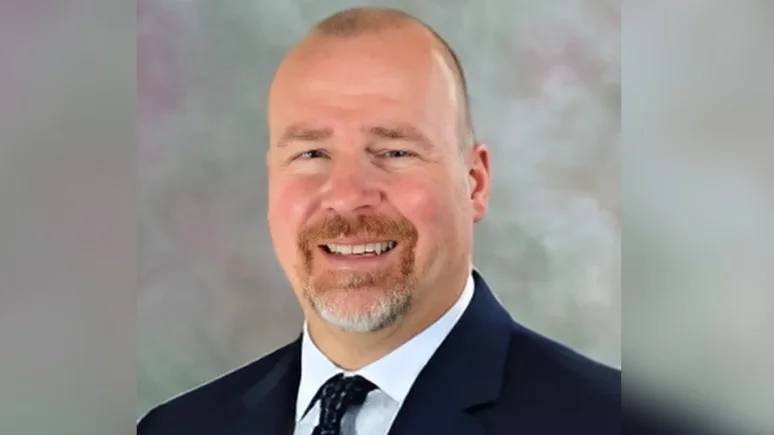Randy Romanski, Secretary | Wisconsin Department of Agriculture, Trade and Consumer Protection
Randy Romanski, Secretary | Wisconsin Department of Agriculture, Trade and Consumer Protection
The Wisconsin Department of Agriculture, Trade and Consumer Protection (DATCP), in collaboration with the U.S. Department of Agriculture's Risk Management Agency (RMA), has recently concluded the third application cycle for its Crop Insurance Premium Rebates for Planting Cover Crops program. This program, established under 2021 Wisconsin Act 233 by Governor Tony Evers, aims to support soil and water conservation while aiding producers who use cover crop practices.
Since its inception in 2022, the program has provided $800,000 annually to cover approximately 160,000 acres on a first-come, first-served basis. "Our land and water resources are critical to the success of Wisconsin's $116 billion agricultural industry," said Gov. Evers. "I was glad to create this program back in 2022 with bipartisan support."
Participants in the program receive a rebate credit of $5 per acre towards their crop insurance premium for land planted with cover crops followed by an insurable cash crop. Eligibility is verified before rebates are issued.
To date, producers from 60 out of Wisconsin's 72 counties have participated in the initiative. This year saw applications exceeding 224,000 acres, indicating demand surpasses available funding.
"The cover crop insurance rebate program is a newer program but it is quickly growing in popularity with farmers," stated Secretary Romanski. The governor's proposed budget for 2025-2027 includes $1.6 million to continue this initiative.
DATCP continues to collaborate with applicants and partners to enhance the application process since the launch of this web-based rebate system.
For further details on conservation programs, additional resources can be accessed online.






 Alerts Sign-up
Alerts Sign-up